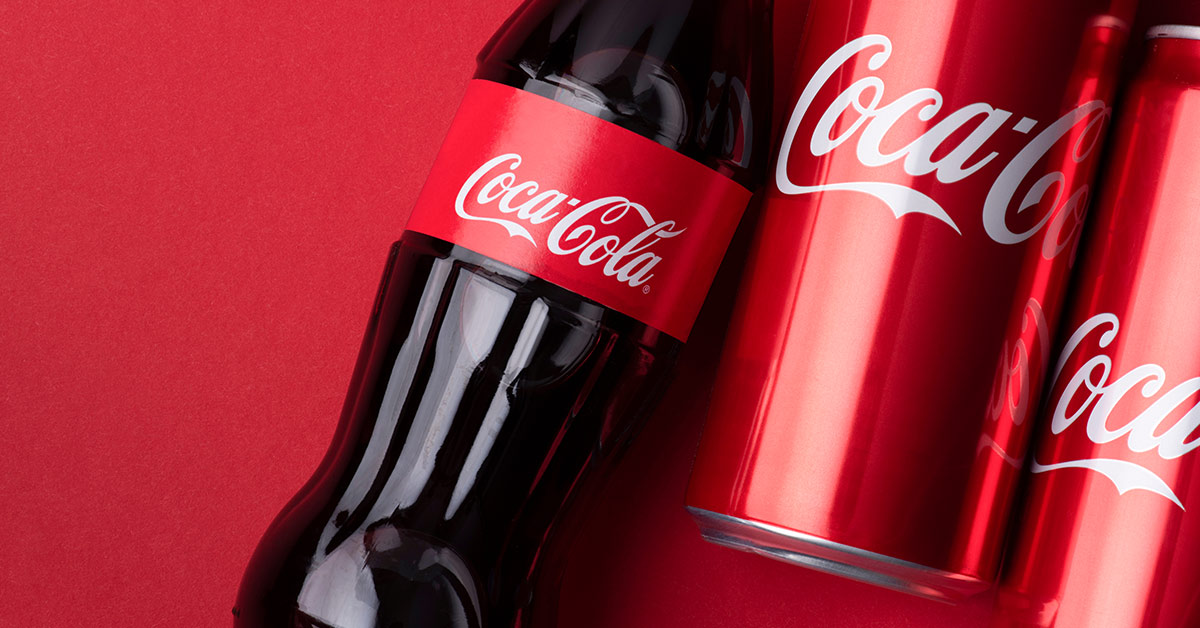The Coca-Cola Company is recalling some of its Minute Maid products over potential metal contamination issues. The company initiated the recall after determining that certain “foreign objects” could appear in some of the drinks. The US Food and Drug Administration (FDA) site reported that these objects can be metal bolts or washers. They didn’t specify if these parts will be whole or fragmented.
Which Coca-Cola Products Were Recalled?
Overall, about 7,475 products became affected. Therefore, the recall is on the 59-ounce cartons of:
- Minute Maid Berry Punch – Date codes Jan0422 NP and Jan0522 NP, Batch 0010323455 and 0010259344 (recall F-0276-2022)
- Minute Maid Strawberry Lemonade – Date code: Jan0322 NP, Batch: 0010259346 (recall F-0277-2022)
- Minute Maid Fruit Punch – Date Code: JAN0522 NP Batch: 0010323454 (recall F-0278-2022) [1]
The products affected will have expiration dates of January 2022 and they could be found in Virginia, North Caroline, Pennsylvania, Connecticut, Maine, Maine, New Jersey, Maryland, and New York. According to the FDA, this is a Class II recall, meaning the “use of or exposure to a violative product may cause temporary or medically reversible adverse health consequences or where the probability of serious adverse health consequences is remote.” [2]
Fortunately, Coca-Cola spokesperson Ann L. Moore explained that the recall began in November and has since been “completed”. So it’s very unlikely contaminated drinks are at stores at this time. But if you find one in your possession, you should dispose of it. “We took this voluntary action because nothing is more important to us than providing safe, high-quality products to the people who drink our beverages,” Moore said.
There was another Coca-Cola recall in late November for Coca-Cola and Sprite 12-ounce soda cans containing an unknown foreign substance. These products will expire in 2022 so buyers might still have them.
- Coca-Cola 12 ounce cans – Date Code: AUG 1522 WM B
- Coca-Cola 12 ounce cans –Date Code: AUG 1522 WM C
- Sprite 12 ounce cans – Date Code: AUG 1522 WM B [3]
Read: Parents warned over dangers of your children wearing winter coat inside cars
How Can Metal Get Into Beverages?
Food safety expert Felicia Wu, Ph.D., a professor at Michigan State University, explains that the manufacturing process for drinks can lead to metal fragments breaking off and falling into the products. She added, “that can happen at any point in the manufacturing chain.”
Darin Detwiler, associate professor of food safety at Northeastern University, explained that many recalls are from similar contamination. This can include pieces of metal, rubber, glass, and plastic mixing with food and beverages. While some plants scan every manufactured product for such fragments, the scan doesn’t find everything. That is when companies, such as Coca-Cola, have a recall.
The effects of consuming this kind of debris can vary, depending on how big the piece is or if it includes multiple small pieces. According to Mark Conroy, MD, an emergency medicine physician at The Ohio State University Wexner Medical Center, “The biggest concern is that the pieces could get stuck in your esophagus or somewhere in your stomach and would need to be removed. That would be an emergency.” Additionally, if the metal fragment is sharp can can “injure structures as it moves through” the digestive system.
However, large pieces can become choking hazards. But properly swallowed pieces bring a different kind of danger. “Once ingested, the stomach acid can allow the metal to degrade and absorb in [your] bloodstream, leading to acute metal toxicity,” Arashdeep Litt, MD, an internal medicine physician at Michigan’s Spectrum Health. Plus, larger pieces can become stuck in the more narrow areas of the digestive tract and cause blockages.
The Symptoms of Consuming Metals
Not everyone who consumes a contaminated product will get symptoms. But those who do may experience the sensation of something stuck in the esophagus, pain while swallowing, abdominal pain, nausea, vomiting, and a full feeling in their stomach. However, because these issues can be symptomatic of various other conditions, not everyone even realizes they swallowed metal contaminants.
To treat this condition, doctors can scan the patient’s abdomen to see what’s going on. Once they locate the metal, they can determine its shape, size, and location. “If it’s larger than 2.5 centimeters, that will usually tip them off that you might have trouble passing this,” Dr. Conroy said. At that point, they may conduct an endoscopy, a process that inserts a long tube down the patient’s throat to remove the metal piece. But if there is an obstruction, the patient may require surgery. But if the metal is small and without sharp edges, the patient may be able to remove it through the natural excretion system. [4]
Keep Reading: Fire Safety Tips for Preventing House Fires, from the Laundry Room to the Kitchen
Sources
- “Coca-Cola Recall Event Details.” FDA.
- “Recalls Background and Definitions.” FDA.
- “Urgent Coca-Cola recall: If you have any of these sodas or juices, throw them out.” MSN. Chris Smith. December 12, 2021
- “Coca-Cola Recalled Some Minute Maid Juices After Potential Metal Contamination—Here Are the Affected Products.” Health. Korin Miller. December 15, 2021

